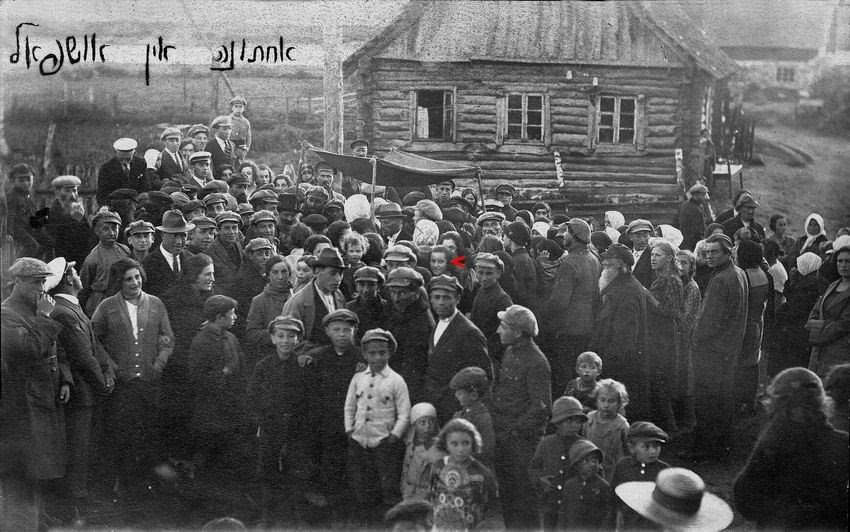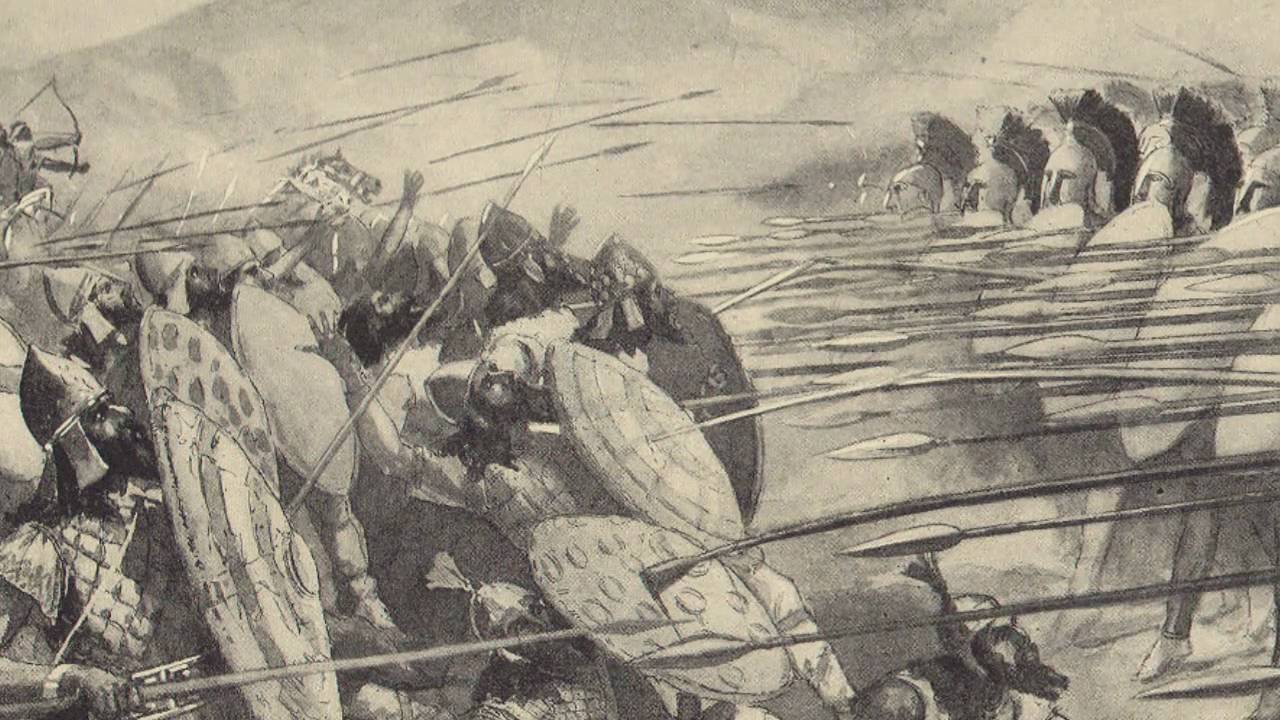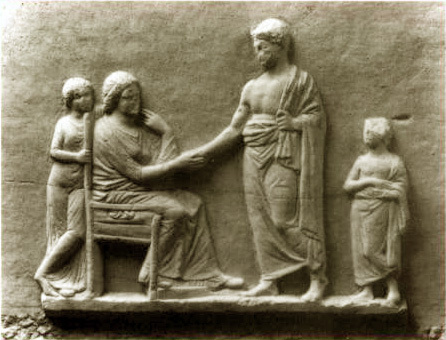The French Election: Adieu, la France

Mainstream media: Macron saving France (depicted as a White woman) by leading her to the glorious future of “openness and diverse modernity”
As anticipated by most observers, liberal globalist Emmanuel Macron and populist nationalist Marine Le Pen were selected by French voters to move on to round two in France’s presidential election, scheduled for May 7th. For the first time in the 59-year history of the French Fifth Republic neither of the country’s two main parties, the Socialists and the Republicans, made the second round of presidential balloting. Either the socialists or the center right have run France since the 1950s, but with this election the old model has been shattered.
When the two-round system was created, it was expected that the main candidates of right and left would get around 30% in round one, and then rally satellite parties to their side for the run-off. But this time there were four candidates — with four very different versions of what to do next — all split nearly evenly at around 20%, so whoever is elected will be a minority candidate. The latest figures from the French Interior Ministry have Macron at 24%, Le Pen at 21.3%, while conservative François Fillon missed the runoff at 20%, Left-wing Jean-Luc Melenchon at 19.6% and Socialist Benoît Hamon at a paltry 6.4%.
By all accounts Macron, is likely to pick up the most votes in the runoff and will almost certainly become the next president. Marine Le Pen will fight a hard campaign, and her totals will rise, but it is almost inconceivable that she will win, according to the French and International press. Apart from this speculation, what conclusions can be drawn thus far? Read more









